JOŽE RANT
J ože Rant was born in Kranj on February 16, 1931, where he completed elementary school, and then during the German Occupation had to attend the so-called Hauptschule and then take his final examinations each year at the high school-gimnazija in Celovec [Klagenfurt, Austria].
He immigrated with his parents in 1948 to Argentina where he completed high school. He entered the Slovenian seminary and was ordained in 1956. He shined at teaching in Catholic middle schools, and at two of them was also their founder and first-rector.
He taught ethics at the catechetical seminary in Morón, and wrote several handbooks for this subject. He was also a consultant at the Regional Catholic School Board, a reviewer of Synod proposals, and diocesan counsel to the Catholic physicians in the Diocese of Morón and elsewhere. Meanwhile, in 1961 he received his Ph.D. in Theology at the Universidad del Salvador; his mentor was Father José Adúriz S.J. and his thesis was on the Argentine philosopher Dr. Víctor Massuh (Rediscovered World).
In 1965 he made his first request to be demoted to the status of laity, and a second request in 1975, which was finally granted in 1976. From 1975 until his retirement he taught as a lecturer on humanistic studies on the faculty at the Avellaneda National University in Buenos Aires, where he reached the rank of regular tenured professor in 1985. Until his retirement he was also the Chair of the department in Avellaneda and the director of humanistic studies in Buenos Aires. Both faculties published more than 30 of his handbooks for the students. Meanwhile he also wrote several philosophical articles in Spanish. In 1991 he attained his second doctorate at the Universidad del Salvador under the mentorship of Father Ismael Quiles, SJ. The thesis for his Ph.D. in Philosophy: Achievements in Latin-American Anthropology. From 1975 to 1995 he also worked in the Dean’s Office of the Universidad Tecnológica Nacional, where he later reached the position of Dean of Studies. After a long period of separation from working with the Slovenian community (since 1963), he was invited in 1987 by the editor of Meddobje, Andrej Rot, to start writing again in Slovenian. This magazine published more than 20 of columns, from philosophical articles to reviews of new books. Because the state did not want to fund any research on scientific terminology, he resigned as president of the board and asked for retirement.
He then accepted work on the Zbornik Zedinjene Slovenije for the 50th anniversary of this umbrella organization of Slovenians in Argentina (published in 1998 with more than 800 pages). Then from the writings of his oldest brother Pavle and with the help of an anonymous mentor, he wrote and published the book “Pavle Rant: ‘What I Was’, A Contribution to the History of the Slovenian Political Refugees, Bs. As. 2003”.
Despite the fact that he was not a historian by profession, he accepted the invitation by former classmates at the refugee high school in Austria to write this book, which he started in 2004, even though far removed from available sources. He nonetheless hopes that this testimonial work with help expand sooner or later the Slovenian horizons that are still too narrow. Plagued by failing health in the final years of his life, he died on August 23, 2007 - the very week that the Slovenian edition of this book was published.
